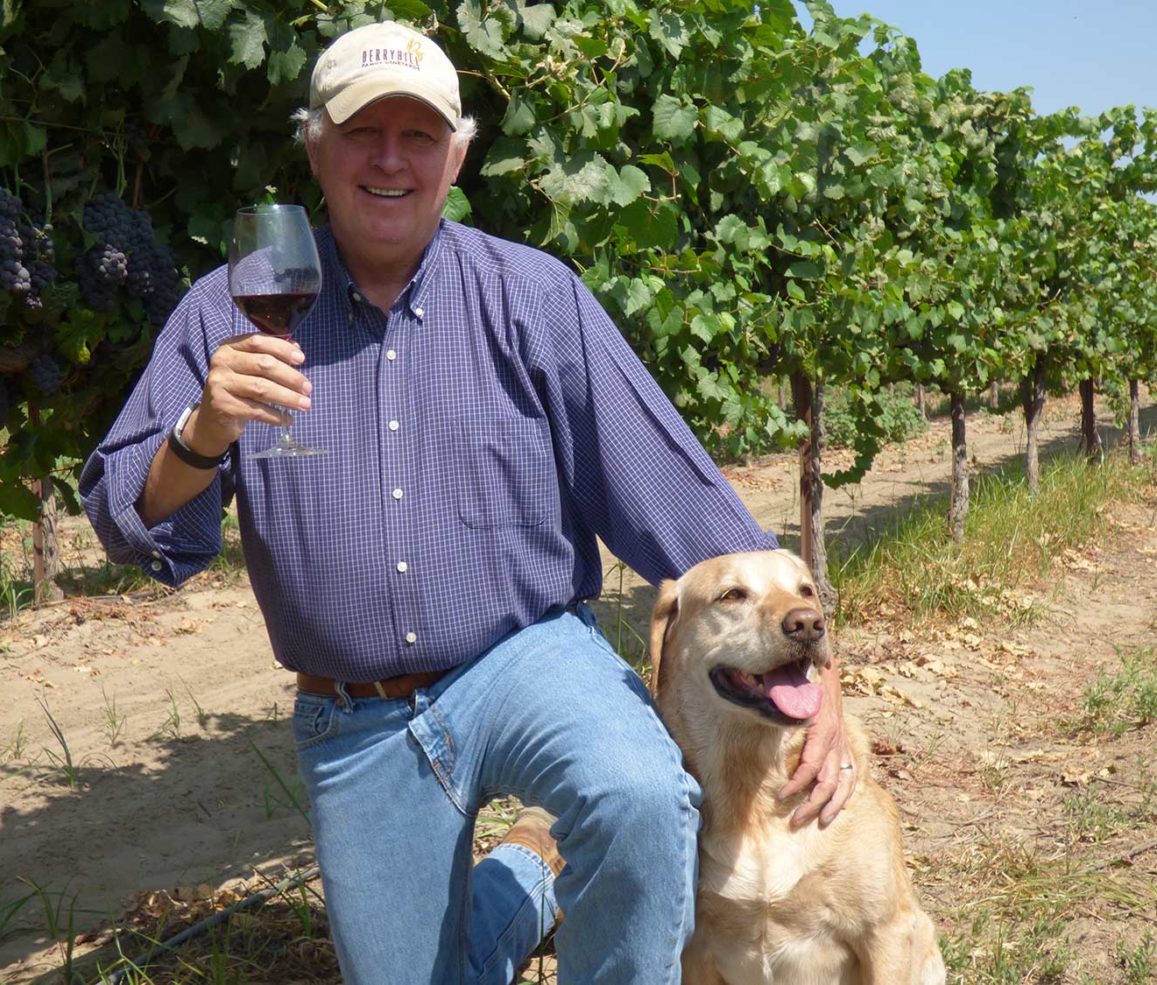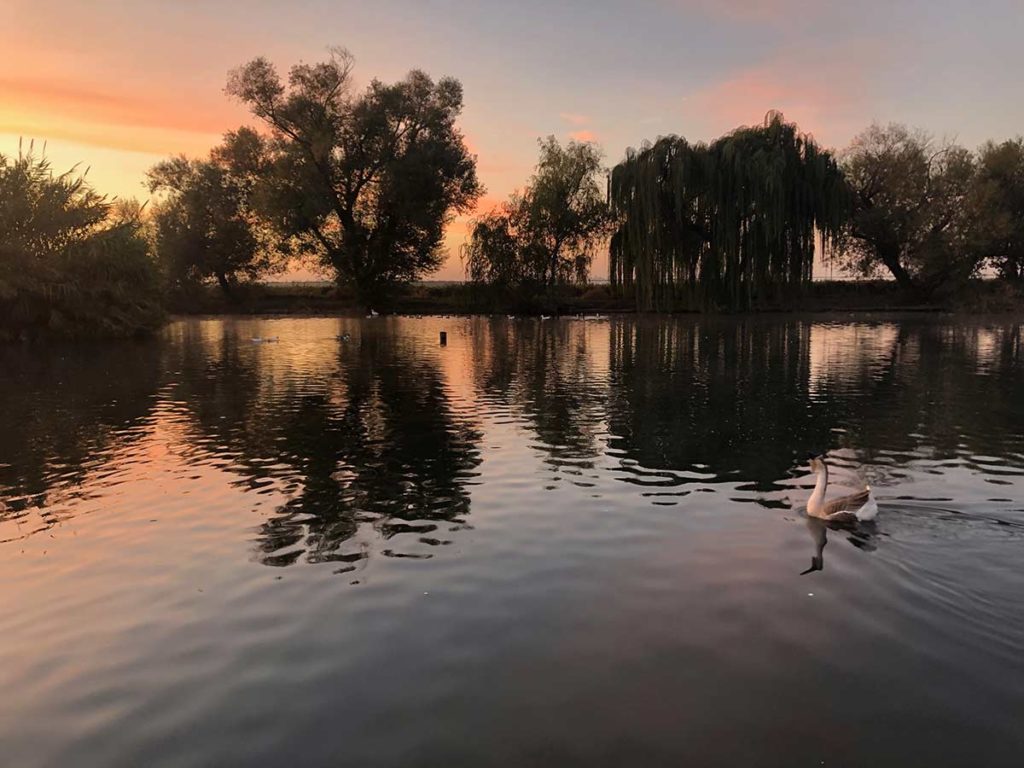
Our story begins with Claude Berryhill purchasing land in Ceres, California when the Great Depression hit in the 1930’s. With a passion for farming, Claude established a fruitful agriculture operation to pass on to his family, in which Claude’s sons (Clare, Ron and Norm) stepped in and expanded the business over two decades – acquiring land throughout the Central Valley.
Clare’s son (Bill) eventually joined the operation as a third-generation farmer, bringing at a young age a passion for vines and wine. Following Bill’s marriage to Triana in 1991, the two made a dynamic pair and expanded the family vineyards to Clements, California, which is east of Lodi. Today, the majority of Berryhill grapes are grown and harvested in this award-winning region.
From the start, Bill and Triana have always dreamed of having a winery, which was realized in 2016 with the launch of Berryhill Family Vineyards. The family farming operation released its first two wines in 2017 that included a Chardonnay and Sauvignon Blanc. Today, five generations of Berryhill family members continue Claude’s commitment to excellence by producing a limited range of varietal favorites starting with the finest fruit from our family vineyards.
Salud and enjoy from the Berryhill family to yours!
Berryhill Family Vineyards believes sustainable wine growing is more than a practice, it’s a philosophy where the land becomes an extension of our family. Certified by Lodi Rules, California’s first and original sustainable viticulture program, Berryhill Family Vineyards adheres to:
A rigorous and voluntary certification process that is audited by an independent third-party; and Key standards that are developed in six areas: water, business, soil, ecosystem, pest, and human resources management. Lodi Rules Standards are the most thoroughly and rigorously vetted set of sustainability practices in California’s viticulture industry. All standards have been peer reviewed by world renowned third-party scientists, members of the academic community, and environmental organizations.


Habitat conservation is weaved throughout our farming operation by simple practices such as infusing the soil with turkey and quail feed and planting wild flowers. Our careful care and cultivation of the land has created an environment where wildlife can flourish now and in the future.
We are currently going green by integrating the use of solar power into our operation – an environmentally friendly and cost-saving measure that makes the best use of our land’s natural resources.
